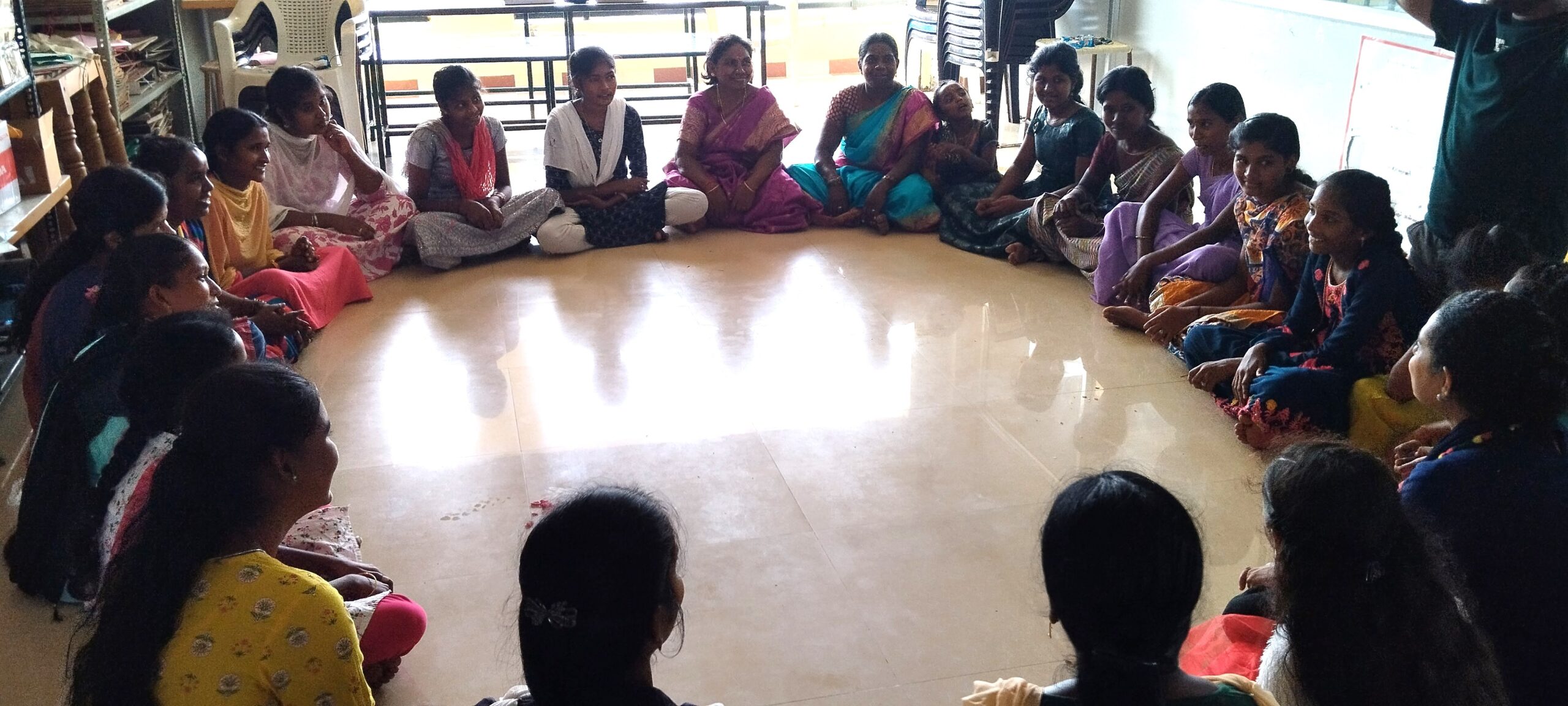WHY EDUCATION
“Education is the most powerful weapon you can use to change the world.” _ Nelson Mandela
The rural villages of Salem district are highly populated with Dalit and vulnerable community. They are landless, illiterate and highly vulnerable for bonded laborer system. They depend on daily work and wages for their basic survival. The children are the first generation school going children in this community. The target area is the most vulnerable for child laborers, child bonded laborers and school drop outs. Particularly the girl children are trafficked to spinning and garment industries in Sumangali scheme as camp laborers. Poverty and illiteracy engendered by the deep-rooted discrimination alienate these communities from mainstream. Also these children feel hard to understand subjects as follow by other students. The parents of such children are illiterate; they couldn’t help their children education. Hence the children afraid and feel the school is uncomfortable to them. Hence children usually become dropout from schools and become a child laborers or bonded child laborers. Particularly, the girl children are trafficked to garments and spinning mills as camp laborer in the sumangali scheme around the Salem district otherwise they get early marriage to avoid economical consequences of their families


WHAT WE DO
Children resource Centers
To prevent drop outs and encourage them to go schools we are conducting regular evening special coaching centers in Dalit Arunthathiyar villages. Here the children from the age 5-17 years are taught by educated volunteers from the same villages are neighbourhood villages. We teach them awareness songs, games, general knowledge, Spoken English and school subjects. Presently we are conducting the Children Knowledge centers in 35 villages. About 2500 children are benefitted through these centers

Children Parliaments
At RWDT, children’s active participation is a fundamental principle that guides our approach across all facets of our work. Children Parliament or Children’s Councils, serve as essential and secure spaces where children can express their concerns,
The agenda and discussions in these meetings encompass topics that affect their lives and society, including water and sanitation, infrastructure, education, safety, sports and cultural events, and more. In 35 villages we have formed children parliaments with 750 children as members.

